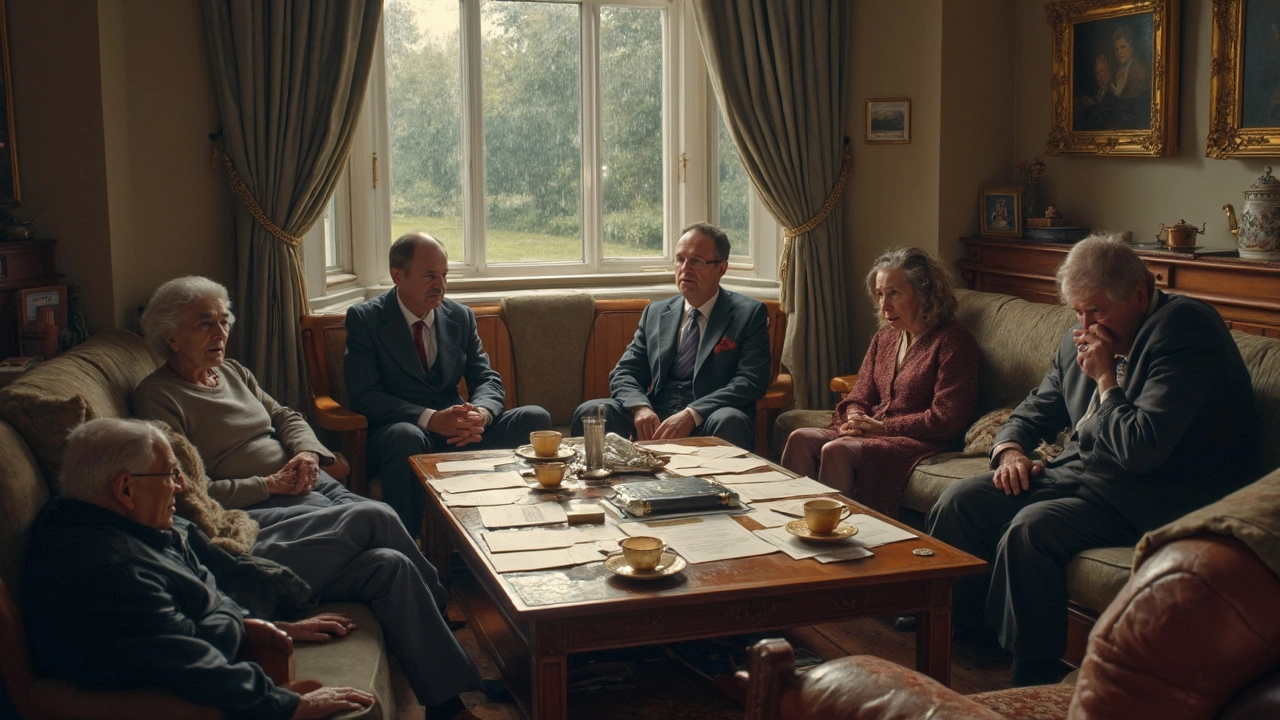Will Basics: Why You Need One and How to Make It Simple
Thinking a will is only for the super‑rich is a myth. If you own a house, a car, or even a few savings, a will tells the law who gets what when you’re gone. Without it, courts decide for you, and that can mean delays, extra fees, and family stress. The good news? Writing a solid will takes less time than you think and can be done at a price that fits most budgets.
Key Elements Every Will Should Have
First, name an executor. This is the person who will carry out your wishes, pay off debts, and hand over assets. Choose someone you trust, not just a family member – sometimes a close friend or a professional works better. Second, list your assets clearly. Include the address of your home, account numbers, and any valuable items like jewellery or art. Third, decide who gets each item. Be specific – saying "my car" is clearer than "my vehicle". Finally, add a backup plan. If a beneficiary dies before you, state who gets their share.
Don’t forget a signed statement that you’re of sound mind. Most jurisdictions require two witnesses who aren’t beneficiaries. Their signatures prove the will wasn’t forced or altered later. Keep the original in a safe place – a fire‑proof box, a solicitor’s office, or a trusted family member’s desk. Tell the executor where it is, so they can find it quickly.
DIY vs Professional Help: Choose What Fits You
Online templates are handy and cheap, but they can miss local quirks. If you own property in more than one region, or have blended families, a solicitor can tailor the language to avoid disputes. On the other hand, a straightforward will for a single house and a few accounts can be done with reputable online services. Look for sites that offer a free review or a money‑back guarantee if you’re not satisfied.
When you decide to go DIY, set aside a quiet hour, gather all financial statements, and follow the step‑by‑step guide the service provides. Fill in every blank – partial answers can cause confusion later. After you print, sign in front of your witnesses, then store the document safely. If you choose a lawyer, schedule a single meeting; many offer a flat fee for a simple will, which can be cheaper than hourly rates.
One mistake people make is forgetting to update their will after major life events. Marriage, divorce, a new child, or selling a property all require a fresh look. Some people just add a “codicil” – a short amendment – but it’s often clearer to redo the whole will.
Finally, talk about your wishes with your family. A quick chat can prevent surprises, and it gives your loved ones a chance to ask questions. Even if the conversation feels awkward, most people appreciate knowing the plan ahead of time.
In short, a will is your way of keeping control when you can’t be there. It protects your assets, saves your loved ones time, and reduces the chance of costly legal battles. Grab a pen, pull your documents together, and take the first step today – your future self will thank you.

Can a Husband Leave His Wife Out of the Will? Shared Ownership Twist
Wondering if a husband can legally leave his wife out of the will? This article breaks down the rules for shared ownership homes, the rights spouses have, and what really happens when a will leaves someone out. We'll look at the family's protections, legal loopholes, and what steps you can take to keep everyone secure. There are key differences depending on where you live, and we spotlight the details that often get missed. Walk away knowing how to avoid nasty surprises around inheritance and home ownership.